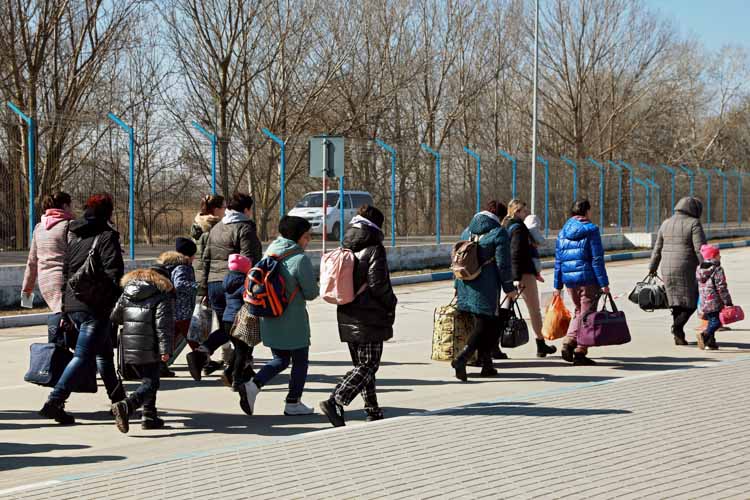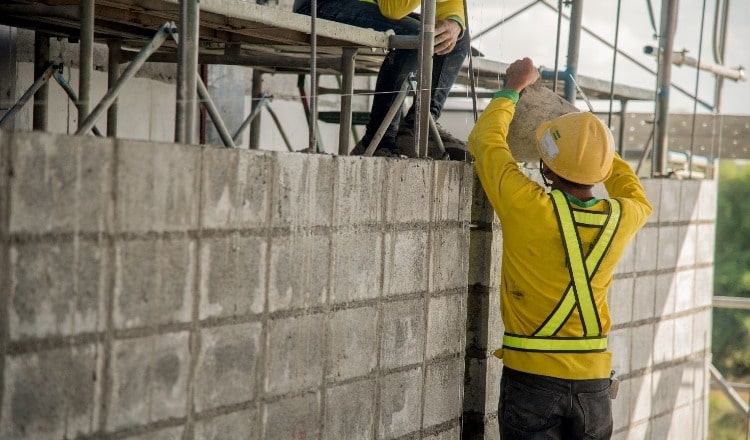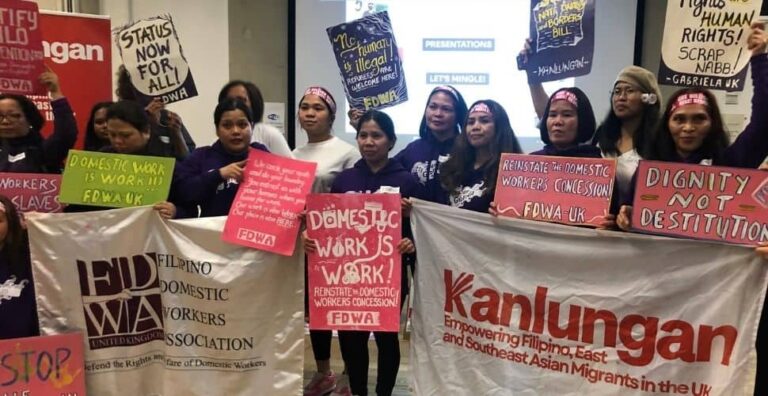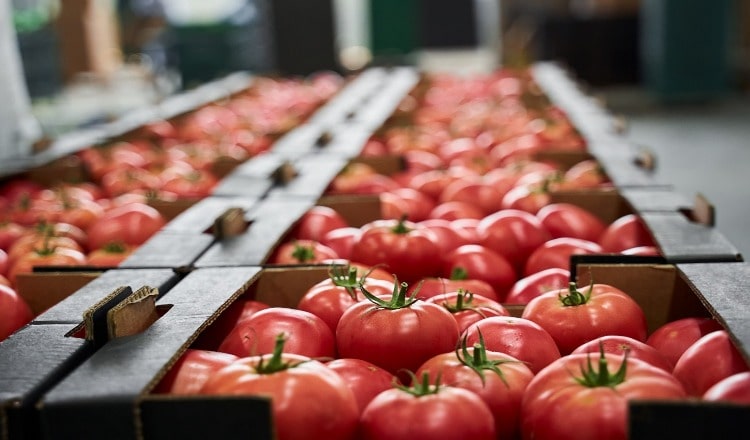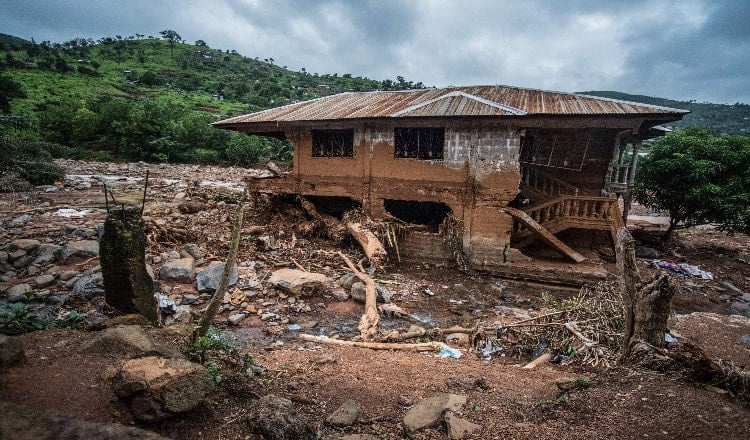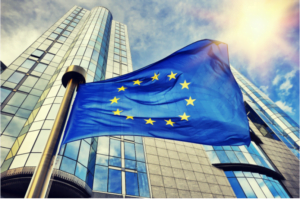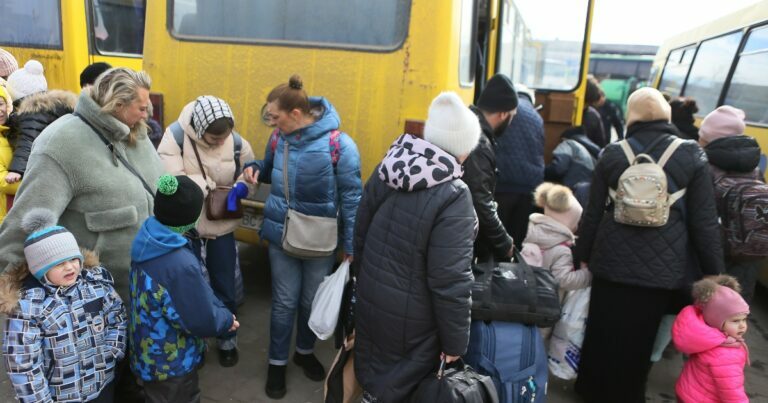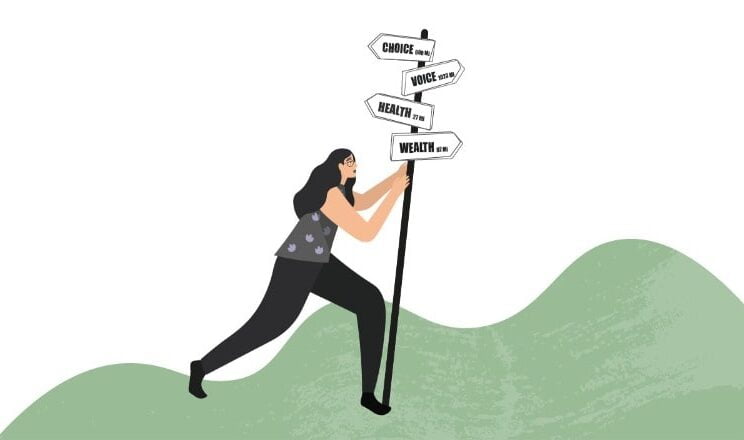Turkmenistan: new harvest findings and how governments should address forced labour in Turkmenistan
18 July 2022 In the latest blog, Ruslan Myatiev, founder of Turkmen.news, details the latest findings from the Turkmen cotton harvest. Image credit: em_concepts via Shutterstock. Every year, thousands of people in Turkmenistan are forced into the fields to pick cotton. Despite campaigning and public pressure, the 2021 cotton harvest in Turkmenistan was no exception…


